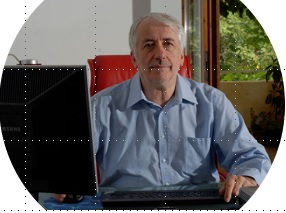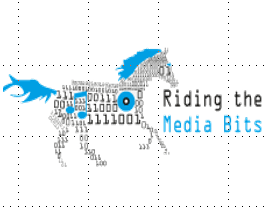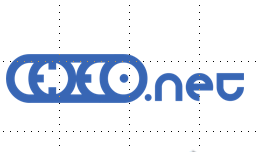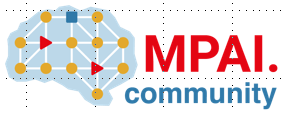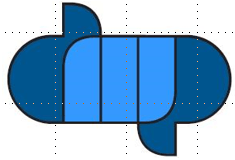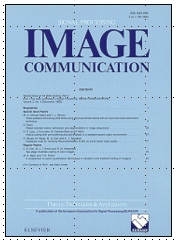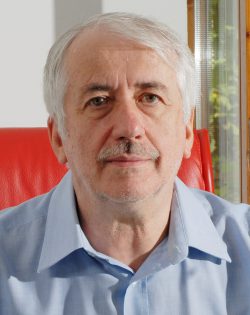
Leonardo - one time video coding researcher, standardisation veteran and entrepreneur
I received a high-school education that gave me a Western classic imprint (Salesian Lyceum Valsalice, Maturità), an engineer’s technical education (Polytechnic of Turin, MSc in Electronic Engineering) and a cross-cultural/technical experience (University of Tokyo, PhD in Electrical Communications).
My Christian Catholic education made and still makes me think that everybody should have a mission that extends beyond their personal interests. In my early professional years, when digital media technologies were still maturing, I saw my mission in the development of interoperable digital media technologies for society to enjoy and industry to exploit.
I needed an organisation that would create digital media standards for consumers to seamlessly communicate and industry operate in a global market of interoperable products, services and applications. I conceived that organisation in 1987, established it in 1988I, and called Moving Picture Experts Group (MPEG). In four years, MPEG had ushered in the digital media age with MPEG-1, a standard for interactive media used in Video CD, digital audio broadcasting (MP2), and personal music (MP3). Starting from the mid ’90s, MPEG-2, the result of the second MPEG project, became the common infrastructure that underpinned distribution of digital television via cable, satellite, terrestrial networks and package media (DVD). MPEG-4, the third standard first released in 1988, opened the way to digital media distribution over the internet. Several families of standards followed: MPEG-7, MPEG-21, MPEG-A, MPEG-H, MPEG-I and more.
I chaired the group fostering its productivity with the development of over 200 standards, membership with a 20-fold growth in attendance from the initial 29 experts attending the first meeting, and scope extending from media to genomics, the “born digital” data of the world..
I closed MPEG on 2 June 2020 when I left because obscure forces had hijacked it.
Even before it has ceased to exists, the MPEG engine had run out of steam – technology- and business wise. The same obscure forces that have hijacked MPEG had kept it hostage to their interests impeding its technical development and keeping it locked to outmoded Intellectual Property licensing models delaying market adoption of MPEG standards. Industry has been strangled and consumers have been deprived of the benefits of new technologies. From facilitators of new opportunities and experiences, MPEG standards have morphed from into roadblocks.
On the 19th of July 2020 I proposed and, on 30 September 2020, a group of 33 companies established the Moving Picture, Audio and Data Coding by Artificial Intelligence (MPAI). Industry and consumers have now an organisation developing standards based on powerful technologies, overcoming stagnation and licensing stalemates. Five standards covering execution of AI applications, audio enhancement, multimodal conversation, company performance prediction, and ecosystem governance have been developed and adopted. More standards are in the pipeline: AI-based End-to-End Video Coding, AI-Enhanced Video Coding, AI Health, Avatar Representation and Animation, Connected Autonomous Vehicles, Metaverse Model, Server-based Predictive Multiplayer Gaming, and XR Venues.
The book Even the stars die tell the MPEG story from birth to death and the MPAI story from birth to growth to death. The book Towards Pervasive and Trustworthy Artificial Intelligence tells the MPAI story in its first 15 months of life: 5 standards produced and 7 projects under way1998.
